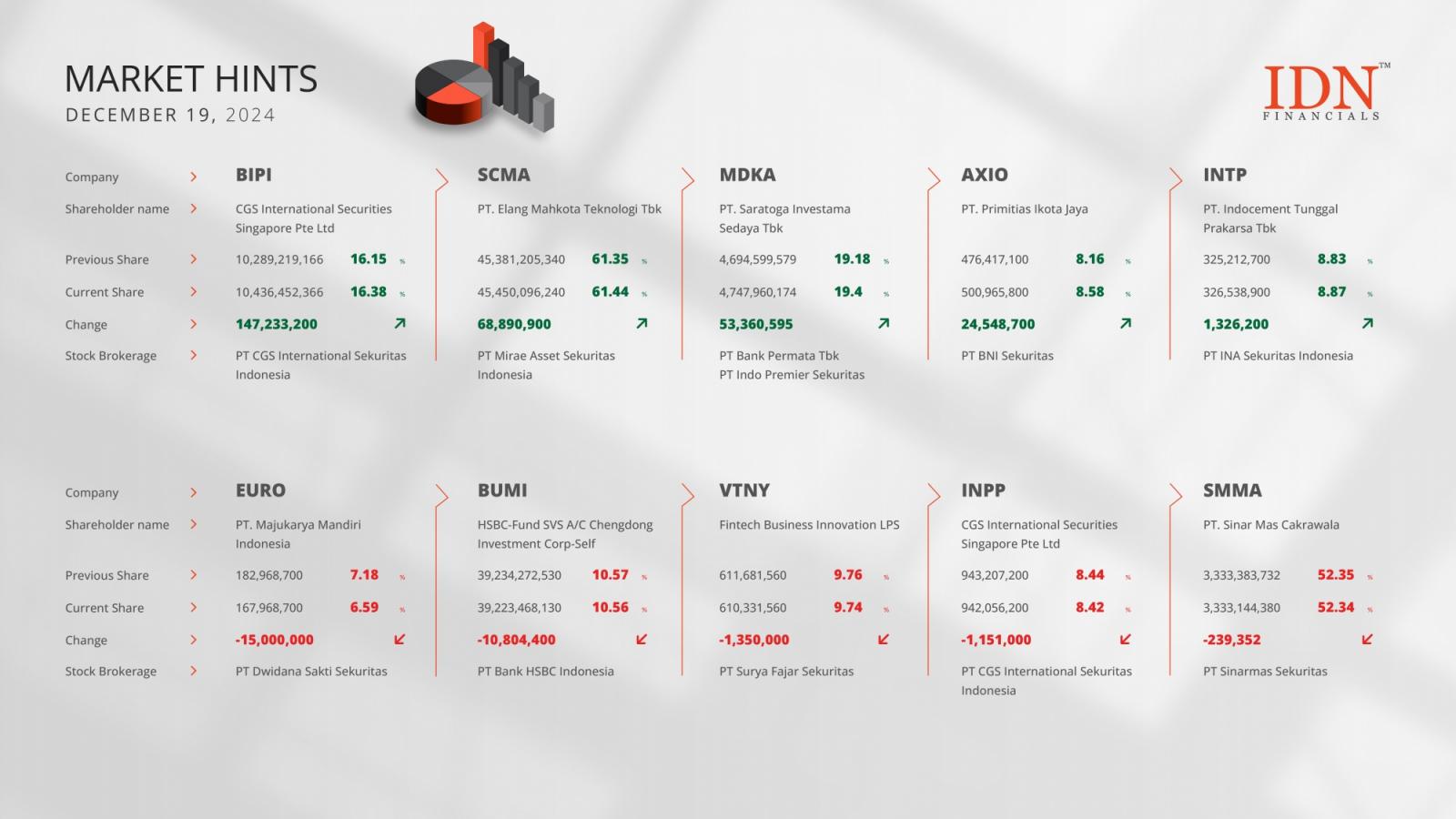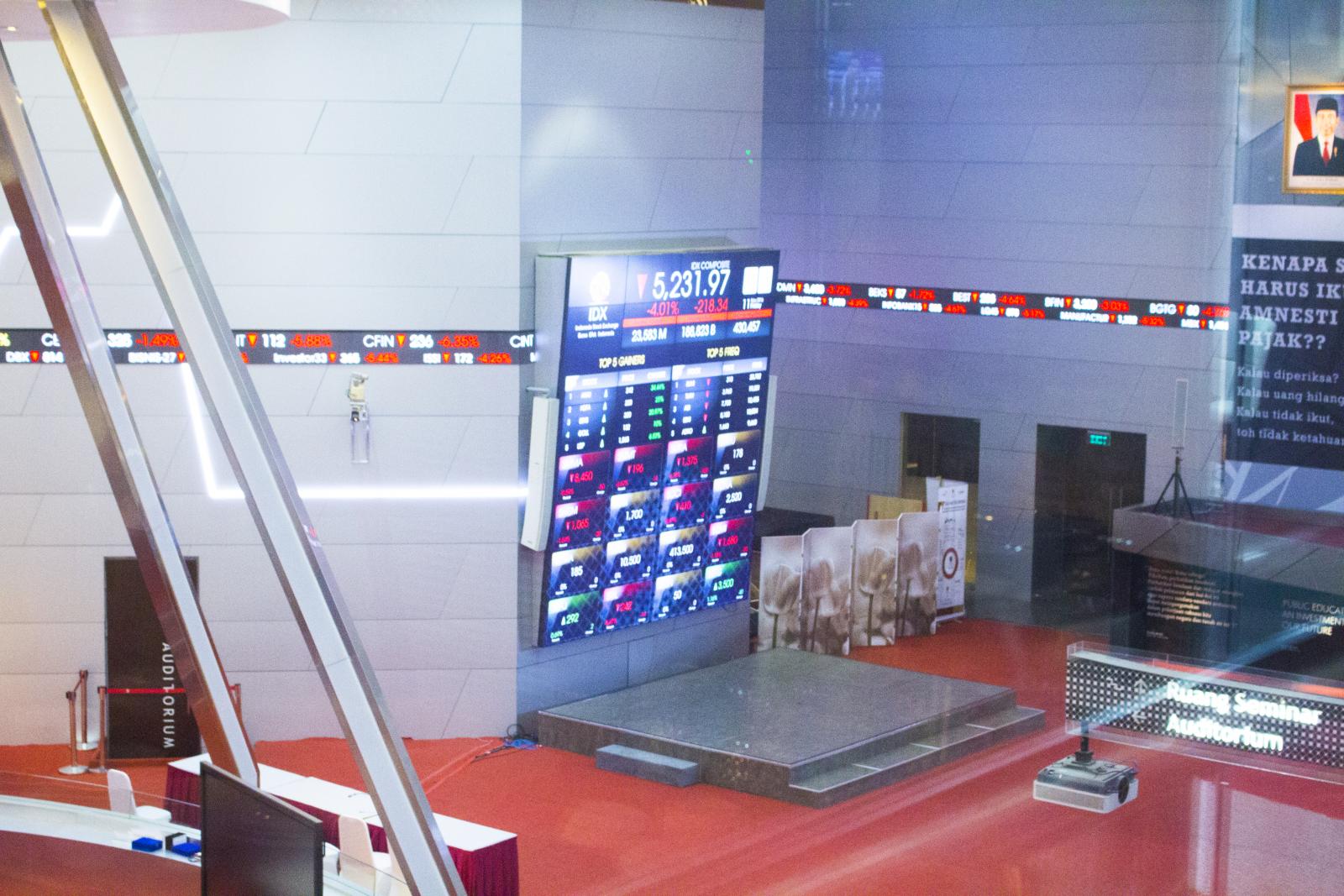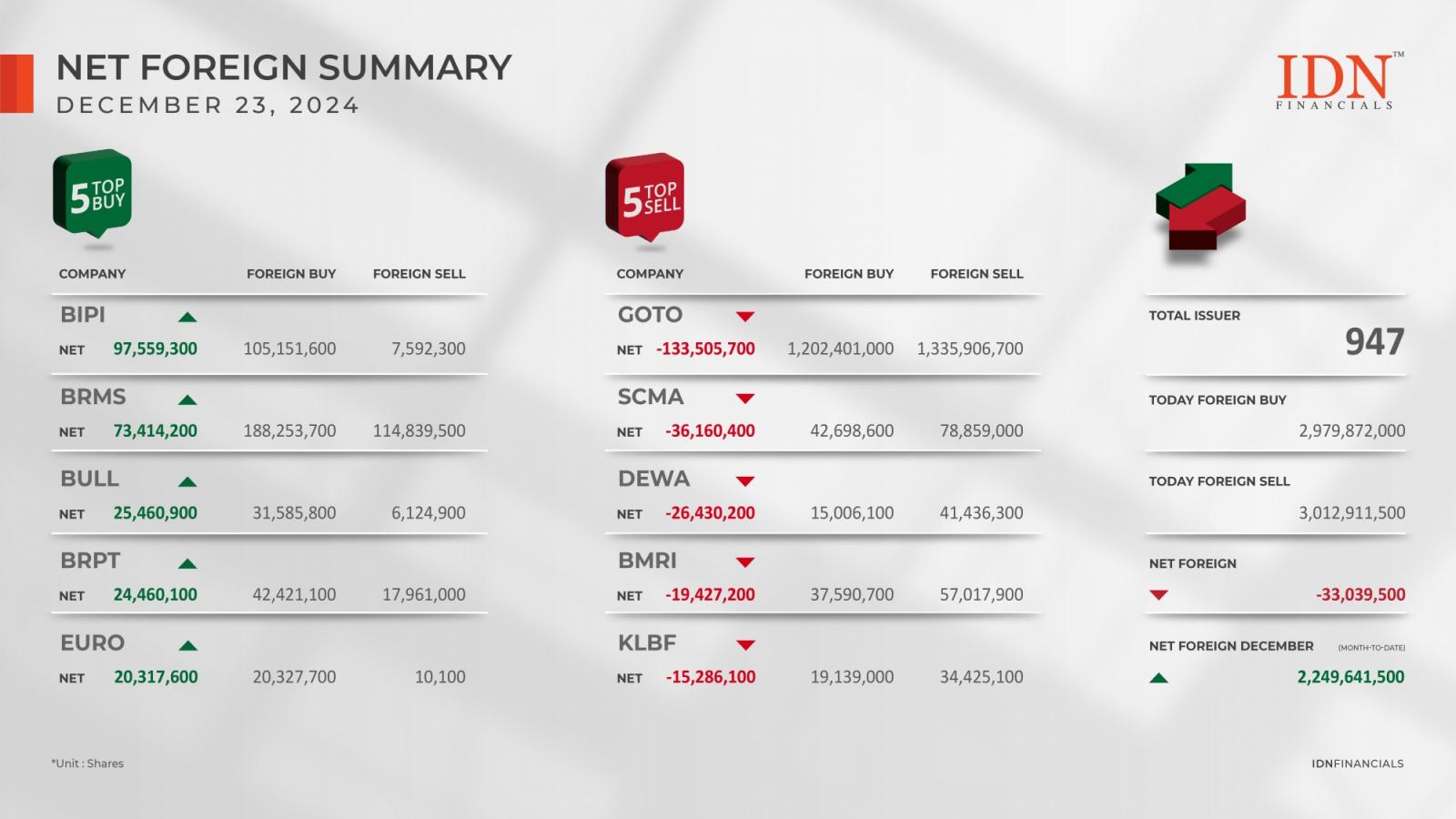
The major European markets are down in negative territory on Friday with investors assessing the likely impact of the monetary policy and interest-rate moves of major central banks on the economy.
Automobile stocks are among the notable losers. Shares from the luxury and consumer durable sectors are also finding the going a bit tough so far.
The pan European Stoxx 600 is down 0.76% at 517.68. The U.K.s FTSE 100 is lower by 0.73% at 8,267.76, Germanys DAX is losing about 1% at 18,811.00, and Frances CAC 40 is down with a loss of 0.88% at 7,548.06. Switzerlands SMI is down by about 0.55% at 11,992.41.
In the German market, Mercedez-Benz is down nearly 8%, weighed down by a downward revision in the companys financial forecast for the year due to deterioration of its business in China.
Other automobile stocks Porsche, Volkswagen, Continental, Daimler Truck Holding are also down sharply on selling pressure.
Infineon, Adidas, Merck, Deutsche Post, Puma, Sartorius, Brenntag and Fresenius are among the other notable losers in the market.
Among the gainers, Rheinmetall is climbing nearly 3%. E.ON, Deutsche Boerse, MTU Aero Engines, Allianz, Symrise and Hannover Rueck are up 0.7 to 1.5%.
In the French market, Kering, Hermes International, LVMH, Stellantis and Edenred are down 2 to 3.5%.
Capgemini, Unibail Rodamco, Renault, Eurofins Scientific, Essilor, TotalEnergies and LOreal are also notably lower.
Teleperformance, Engie, Orange, AXA, Veolia, Safran, Publicis Groupe and Thales are up in positive territory.
In the UK market, Burberry Group is down 4.7% following a rating downgrade by Jefferies. Kingfisher, Hikma Pharmaceutical, Antofagasta, Croda International, B&M European Value Retail, RightMove, Entain, Frasers Group and Standard Chartered are down 2 to 3%.
On the economic front, Germanys producer prices registered an annual decrease of 0.8% in August, the same as in July, data from Destatis showed. The expected decline was 1%. Prices have been falling since July 2023.
The overall decline in August was largely due to lower energy prices, which were 4.6% cheaper compared to last year. Lower natural gas and electricity prices had the biggest influence on energy prices.
Month-on-month, producer prices rose slightly and at a steady pace of 0.2% in August, while prices were expected to remain flat.
The confidence among French manufacturers remained stable in September after strengthening in the previous month, monthly data from the statistical office INSEE revealed Friday.
The manufacturing sentiment index stood at 99.0 in September, the same as in August, and remained just below its long-term average of 100. That was in line with expectations.
UK retail sales grew more than expected in August as warmer weather boosted food and clothing sales, data from the Office for National Statistics showed. Retail sales grew 1% on a monthly basis in August, faster than the 0.7% rise in July. Sales were forecast to climb moderately by 0.3%.
A separate data from the Office for National Statistics said the UK government borrowing exceeded the official estimate and the debt hit 100 percent of GDP at the end of August. Public sector net borrowing increased GBP 3.3 billion from the previous year to GBP 13.7 billion in August. This was the third highest borrowing for August since 1993.





